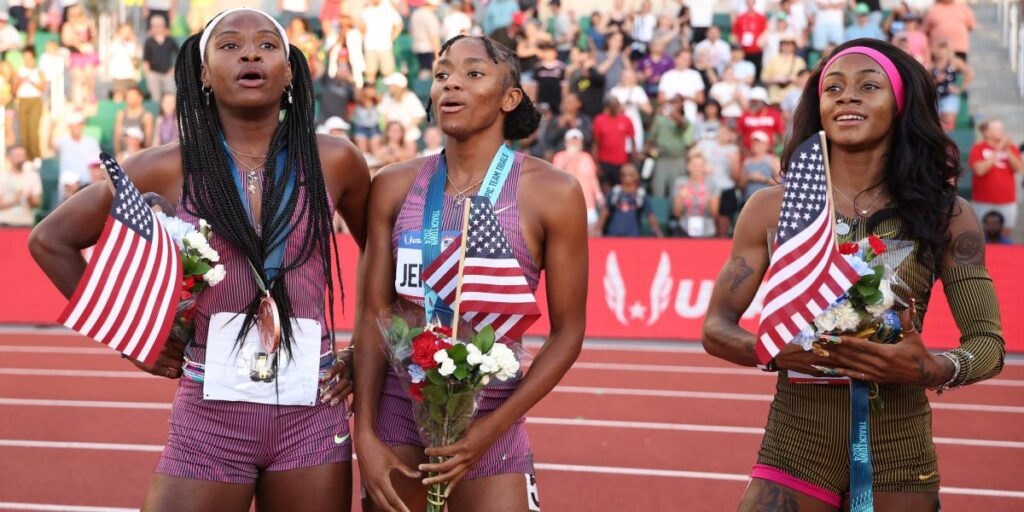
The U.S. Olympic team is one of a handful of teams providing air conditioning to athletes at the Paris Olympics, a move that undercuts organizers’ plans to reduce carbon emissions.
U.S. Olympic and Paralympic CEO Sarah Hirshland said Friday that while Team USA appreciates efforts aimed at sustainability, the U.S. federation will provide the largest roster of athletes at the Summer Olympics. Air conditioning equipment.
“As you can imagine, consistency and predictability are critical to Team USA’s performance during this time,” Hirshland said. “This is a very important priority in our conversations with athletes who believe it is a critical component of their ability to perform.”
The Washington Post reported earlier this month that countries including Germany, Australia, Italy, Canada and the United Kingdom planned to introduce air conditioning to France.
Olympic organizers have publicized plans to cool rooms in the Athletes Village, which will house more than 15,000 Olympic athletes and sports officials during games, using a system of under-floor cooling ducts.
The average maximum temperature in Paris on August 1 is 26 degrees Celsius (79 degrees Fahrenheit). The goal is to keep the room temperature between 23-26 degrees (73-79 degrees Fahrenheit). The room will also be equipped with a fan.
“I hope that the Paris Olympics will be a model from an environmental perspective,” Paris Mayor Anne Hidalgo said of the Olympic plans.
According to the International Energy Agency, less than one in 10 homes in Europe has air conditioning, with the figure even lower in Paris. The study said that of the 1.6 billion air conditioning units in use globally in 2016, more than half were located in China (570 million units) and the United States (375 million units). The entire European Union has about 100 million people.
The Olympics are the most important stop in the careers of the more than 10,500 athletes heading to Paris, leading some prominent countries to scale back environmental efforts for the sake of comfort.
“This is a high-performance environment,” Australian Olympic Committee spokesperson Strath Gordon told the Washington Post.

